Imagine if your electronic wearable device, like your Fitbit, adhered to you like a sticker or temporary tattoo and could read your pulse or measure hand gestures. As electronics are becoming thinner, lighter, and more power efficient, they can be populated on stickers and temporary tattoos to create soft wearables that adhere to the skin. And the most exciting news is that one day you may be able to print these wearable electronics from a home printer.
Carnegie Mellon University’s Mechanical Engineering Professor Carmel Majidi, Ph.D. student Eric Markvicka, and previous postdoctoral fellow Michael Bartlett (now a professor at Iowa State University) have created a method to print skin-mountable electronics in a quick and cost-effective way.
“One of the remaining challenges in skin-mounted electronics is to interface soft circuits with the rigid microchips and electronics hardware required for sensing, digital processing, and power,” said Majidi. “We address this with a breakthrough digital fabrication technique that enables efficient creation of wireless electronics on a soft, water-resistant, medical-grade adhesive.”
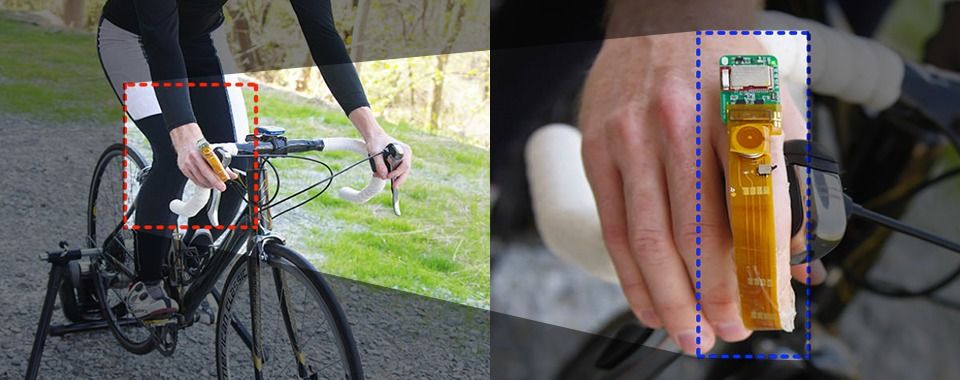
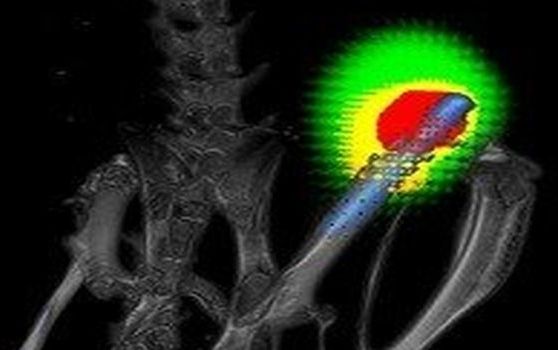

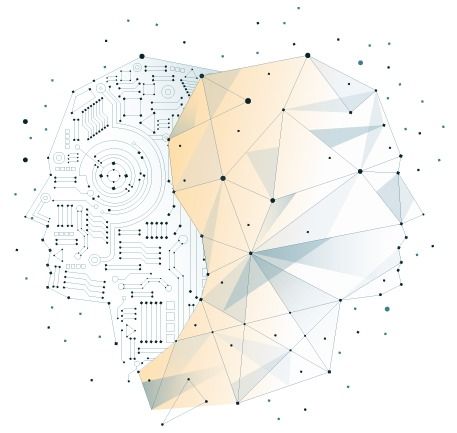
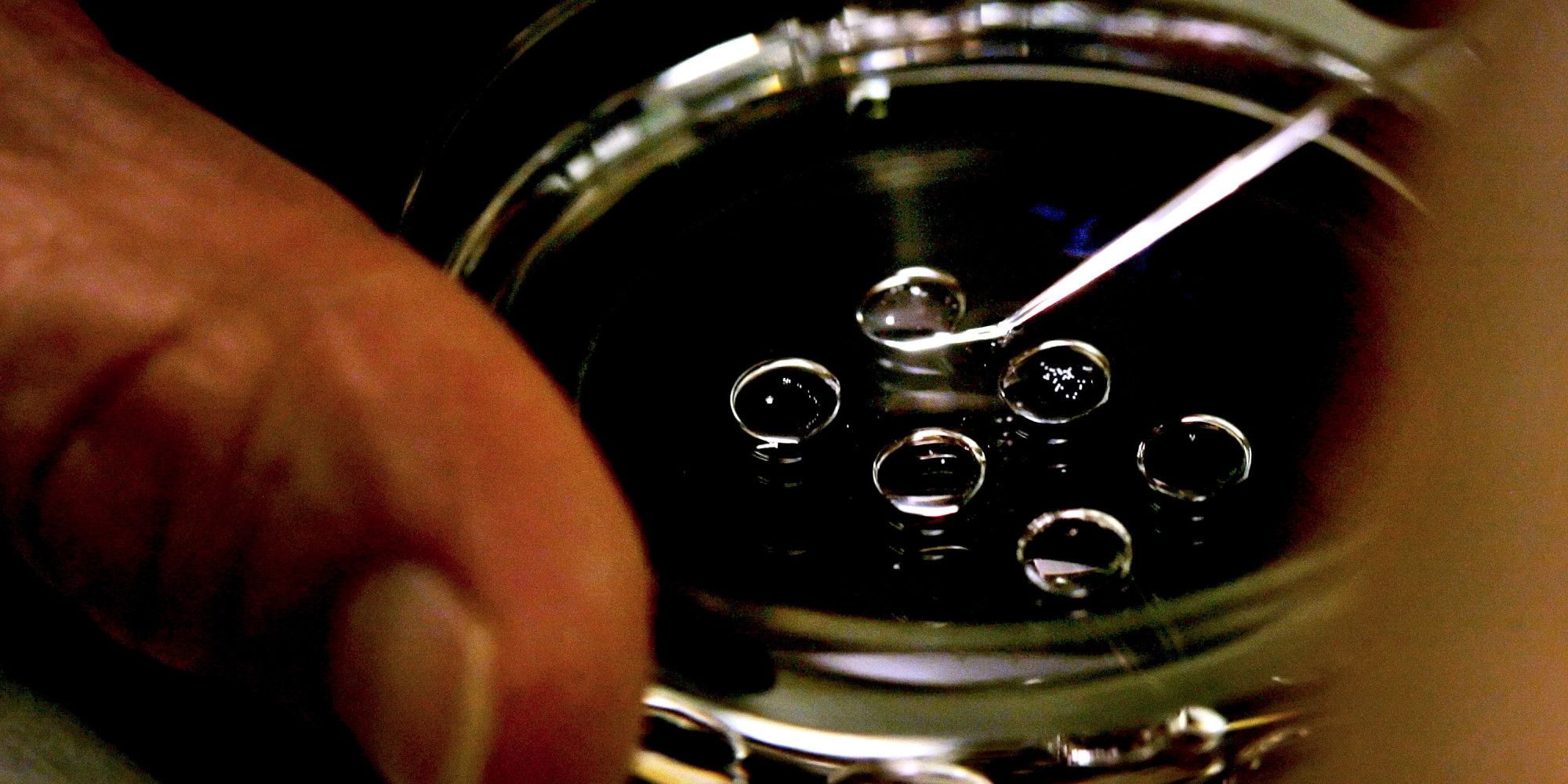
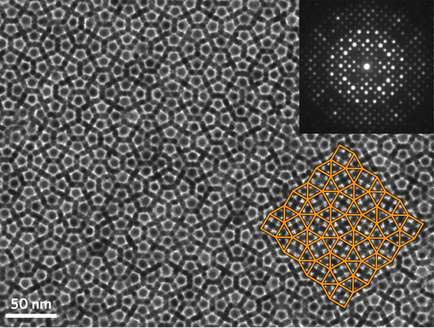

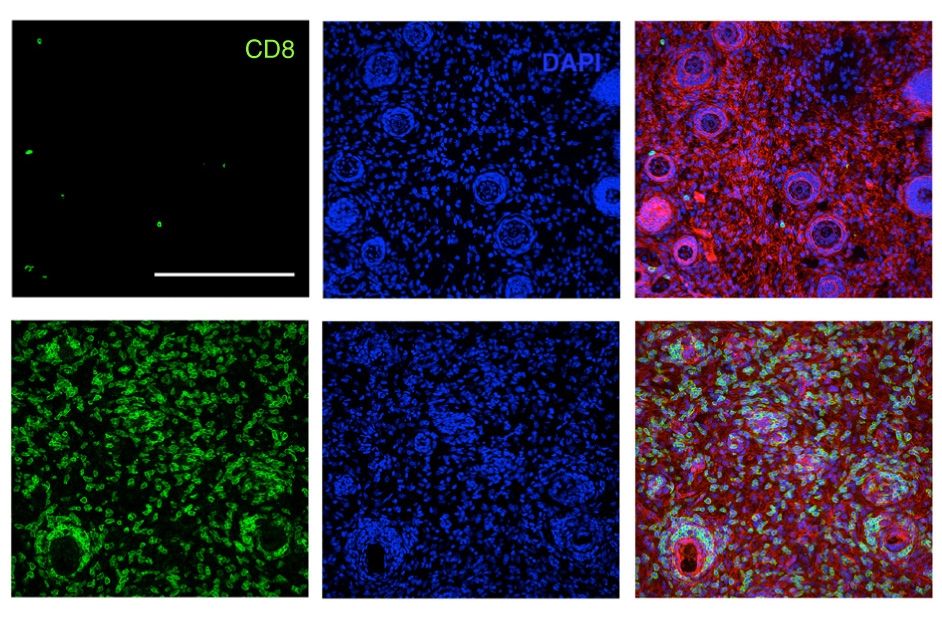

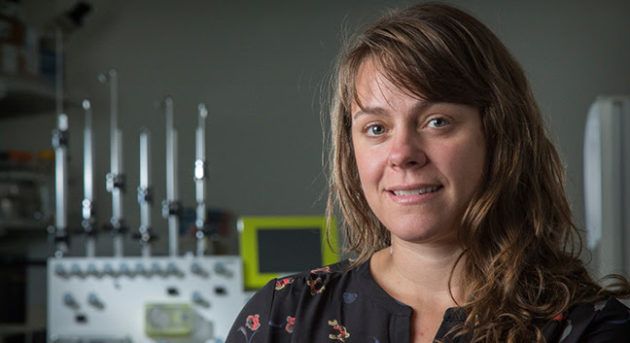 Gene therapy — the process of genetically altering cells to treat disease — is a highly promising process being studied as a way to cure devastating conditions like genetic disorders, HIV, and even cancer.
Gene therapy — the process of genetically altering cells to treat disease — is a highly promising process being studied as a way to cure devastating conditions like genetic disorders, HIV, and even cancer.